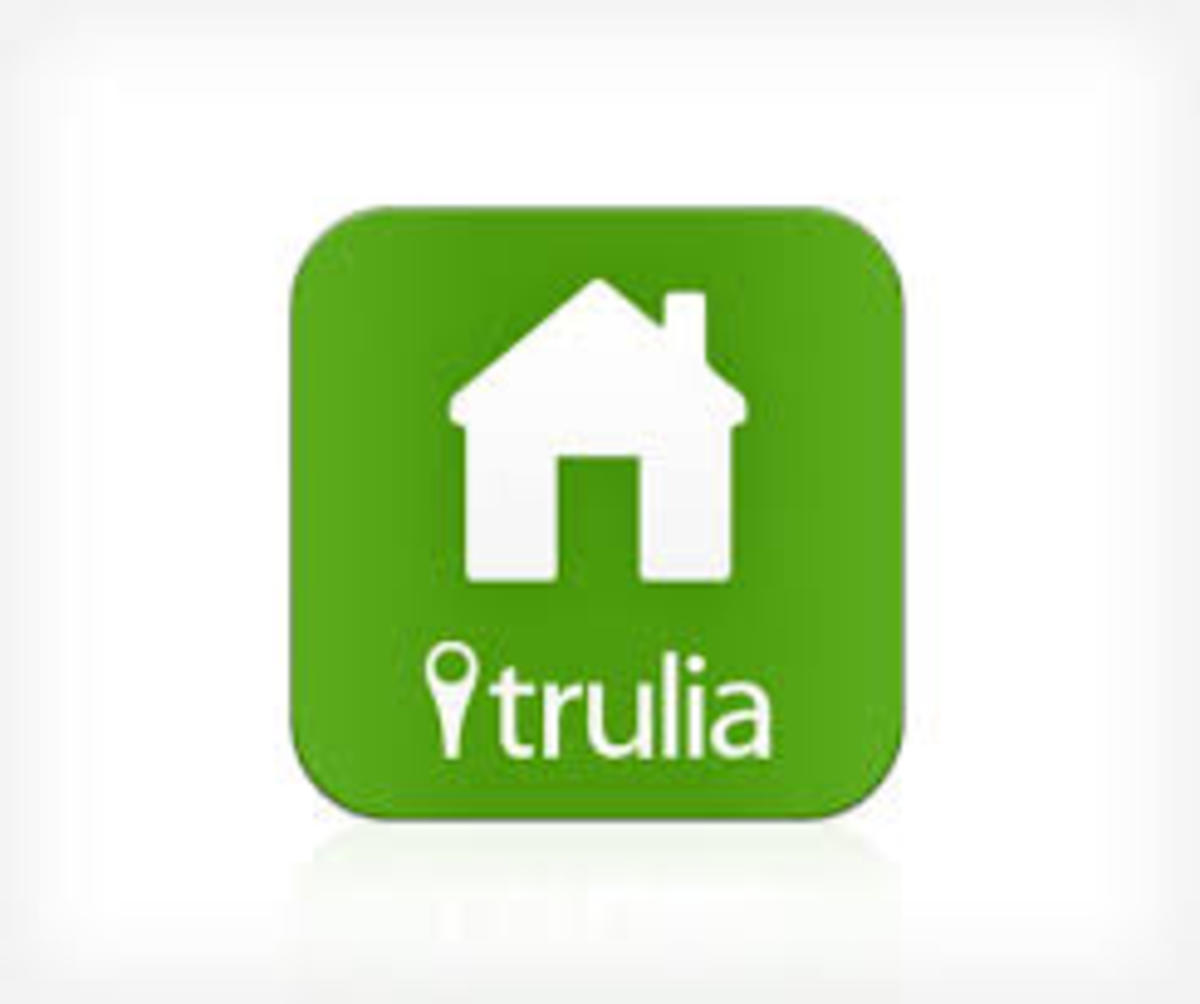DIY - Sell Your House Yourself: How To Set An Asking Price - Part 1

If you do even a small amount of research online, you will quickly find lots of advice on setting an asking price for your house, and some of it is good, and some of it is bad. Of all the steps along the path to successfully selling your house yourself, establishing a realistic price is the one most fraught with peril. The reason is simple: No two properties are the same. Even two seemingly identical, brand new apartments in the same building are never truly the same. They are located on different floors; they have different views. Multiple that degree of difference by many, many, many times and you get close to how much any two houses will vary from each other.
And yet most sources you will find, giving you advice on For Sale by Owner, sum up the process of setting an asking price for your house with some variation on, “Get comps.” And yet comps—comparative properties—are one of the most enduring myths of real estate. They are a chimera; they do not exist. And yet, ultimately, it will be the actual sale prices of other homes that will determine what you will accrue for your house. So if true comps are a myth, yet your asking price must be based on comps, what can you do?

What you need to do is grasp the concept of comps and do a much better job of applying it to your situation than a Realtor would. You can do this because only you really know your house: You’ve lived in it, you’ve been responsible for its upkeep and repair, you’ve made improvements or not, you understand better than anyone else possibly could what your house truly is. And, therefore, only you will be able to find houses that have recently sold and are as much as possible equivalent to yours. And you have a huge advantage in doing so, because the tools you need are only a mouse click away.
But before we start talking about other houses, let’s take a good long look at yours. And here’s yet another place where you will outshine a Realtor, because you know about a billion times more about your house than he or she ever could. A great way to start the process of selling your house is to make two lists: A list of all the good things about your house, and a list of all the bad things about your house. And I mean two literal, written on paper lists.

Be brutally honest. No one but you need ever see your two lists. If your kitchen is laid out perfectly for the serious cook, start the ‘Good’ list with that, because we are an old fashioned species and our kitchens—where we create sustenance, life—are still at the center of our homes. If, on the other hand, your kitchen is tiny, poorly laid out or hopelessly outdated, then that’s where to start the ‘Bad’ list.
Walk through your house, entering every room. What do you love about it? What do you hate? Now, it may be that whoever buys your house will disagree. They may love what you hate, it may even be vice versa. But at this point we aren’t worried about them, the as-yet-unknown people who will live in your house next. Right now, all we care about is you, all that matters is what you honestly think about your house.
And don’t forget the outside of your house! What do you like about your yard? Your driveway? The sight lines of your property, what you see from your deck, from your front yard? What do you love, what do you hate? Write it all down. You’re doing all this for a reason; it will help you immensely once you begin looking at other houses in your area that have recently sold, because you will need to use your intuition and perception to see beyond the façade and see what would be on the Good list as well as the Bad list for that house.
Think about it, because this is the key to finding houses that are actual comps to your house: You will need to adjust the selling price of that house up or down based on how the Good and Bad lists for that house compare with the Good and Bad lists for your house. If this sounds like comparing apples to oranges, trust me, it is. And yet . . . if you apply yourself to the endeavor you can expect an amazing result: A fair, logical value for your property, and an asking price based upon it.
So, where do you find these recently sold houses near yours so that you can compare them too your house? The best sources I have found are the websites Zillow and Trulia, but there are many, many other sites that list not only properties that are currently for sale, but those which have sold. First sign up for these sites—it’s free—and then explore them.
You'll need a lot of signs:
Zillow is particularly useful because it provides rough estimates—they made up a word, Zestimate, to describe these—for literally every house in the United States. Seriously, I mean every house. There will be a Zestimate for your house, and it will be based on several factors: the average price per square feet of recently sold houses in your zip code, the size of your lot, the features that are in the public record for your house. And there’s where the Zestimate can be way, way off: Public records are culled from what is on file with your township, which may be out of date or just plain wrong.
The house I sold had three bedrooms but Zillow listed it as having only two. I do not know why the township incorrectly listed it, but there it was. Moreover, because my late husband and I were do it yourselfers and rarely applied for permits for the improvements we made, almost none of them were reflected in the information on file with the township, and those are the records which Zillow used to create a Zestimate for my house.
The good folks at Zillow.com explain "Zestimates":
Zillow understands this problem and provides a simple remedy: You can claim your house and then edit the description and facts. They provide a check list of features, so take your time and add any not already listed: Number of bathrooms and bedrooms, fireplace, garage, air conditioning type, pool, adequate parking for an RV and any others that apply.
Next look at the square footage listed on Zillow; do a quick measurement of your house (total length x total width x number of floors) and change Zillow’s listing as needed.
For the time being leave the Zillow generic house description as is; in an upcoming article in this series I will go into detail on how you can create an ad for your house that will draw potential buyers in and make them want to look at your house right away.
Once you have corrected the information on Zillow, save your changes. It will take several days or even weeks before the Zillow Zestimate will change to reflect the corrections you made to their home facts, so let’s move on to the next article in this series, where we will talk about using that website as well as others to generate a realistic, fair market value for your house by looking at recently sold properties in your zip code.
NEWSFLASH: Since this article was published, http://www.Trulia.com has created a new feature on their Real Estate listing site that competes directly with the Zestimates offered by http://www.Zillow.com. A quick exploration of this new element indicates that it functions the same way as does the Zillow Zestimate, and is therefore susceptible to the same issues. If you are planning to sell your house, in fact, even if you think you might one day sell, you should claim your house on both sites immediately and update the home description and details now so that the sites can adjust their estimates accordingly before you actually try to sell. Potential buyers will look at both these sites, so estimates that are set too low due to incomplete information about your property could hurt your ability to get a realistic price for your home.
(I am an artist and the author of the Suburban Sprawl series of novels as well as two nonfiction books. Find out more about my work at RobertaLeeArt.com.)
Copyright © Roberta Lee 2012. All rights reserved.
The two websites I found most helpful when selling my house myself:
- Trulia - Real Estate, Homes for Sale, Sold Properties, Apartments for Rent
Use Trulia to find real estate, homes for sale, recently sold properties, local school information and much more. Trulia is a free unbiased real estate search engine where you can search via location, map or neighborhood. - Zillow - Real Estate, Homes for Sale, Recent Sales, Apartment Rentals
SOLD! That's what we're talking about.

Next in this series:
- DIY - Sell Your House Yourself: How To Set An Asking Price - Part 2
How much money could you save if you sold your house without using a real estate broker? Find out how I saved thousands by doing exactly tat, and how you can, too!




